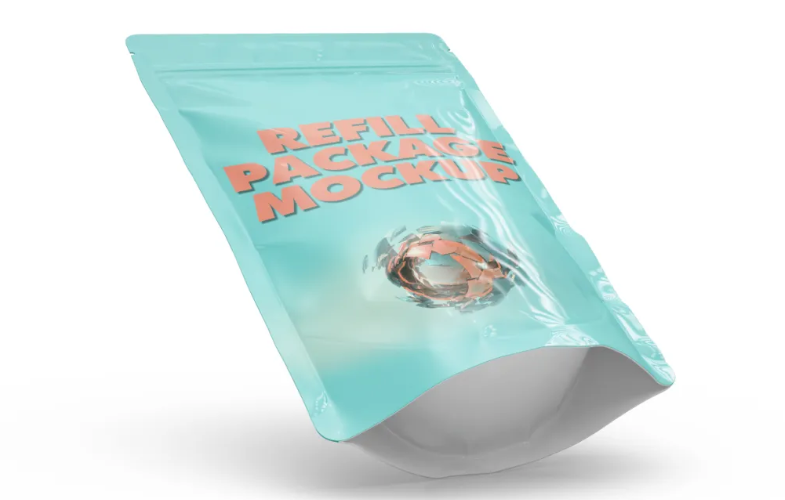Aluminum foil stands out as a versatile material with a myriad of applications, particularly in composite materials where its unique properties shine. Let’s delve deeper into the multifaceted role of aluminum foil, exploring its advantages and expanding on its diverse applications across various industries.

Aluminum foil’s exceptional barrier properties are its cornerstone advantage. This feature allows it to effectively shield products from external factors like air, moisture, odors, and light, ensuring freshness and extending shelf life. In sectors such as food packaging, pharmaceuticals, and cosmetics, aluminum foil’s superior barrier performance is indispensable for maintaining product quality and integrity.
Another standout feature is aluminum foil’s remarkable heat-sealing capabilities. When combined with various plastic films, it forms a secure seal, safeguarding products against contamination and oxidation. This attribute finds extensive use across multiple industries, including food, pharmaceuticals, and personal care, where secure packaging is paramount.
Moreover, aluminum foil’s lightweight nature and ease of processing make it incredibly versatile. Its malleability allows for easy shaping and customization, catering to diverse packaging requirements across different products. Furthermore, its ability to serve as an interlayer isolation material enhances product stability and preservation efficacy, contributing to its widespread adoption in composite materials.

The recyclability of aluminum foil is a significant environmental advantage. By recycling discarded aluminum foil, we reduce the strain on natural resources, minimize waste, and promote sustainability. This eco-friendly aspect aligns well with the growing emphasis on environmental consciousness and circular economy principles.
Additionally, aluminum foil’s corrosion resistance and antimicrobial properties further enhance its appeal. It can withstand exposure to corrosive substances and inhibit microbial growth, making it suitable for applications where hygiene and product safety are paramount, such as pharmaceutical packaging and medical devices.
In summary, the role of aluminum foil as a preferred choice in composite materials is multifaceted and dynamic. Its exceptional barrier and heat-sealing properties, coupled with its lightweight, recyclable, and antimicrobial nature, make it indispensable across a wide range of industries. As technology advances and sustainability concerns intensify, aluminum foil’s significance in composite materials will continue to grow, driving innovation and meeting evolving market demands.


